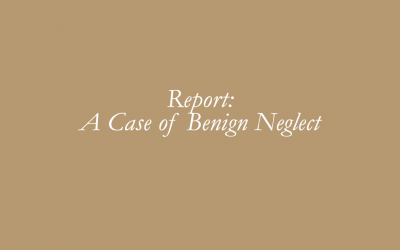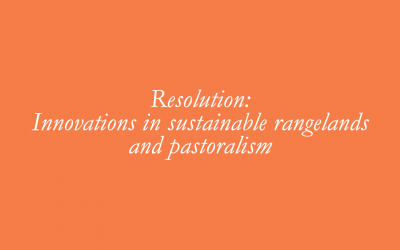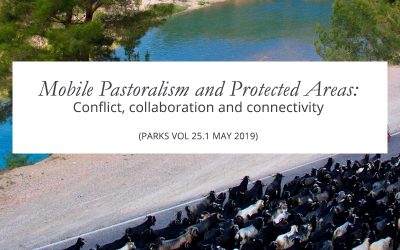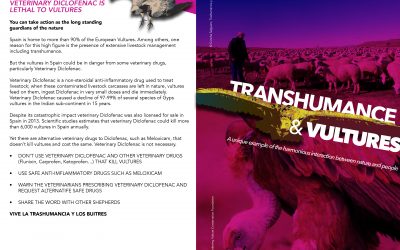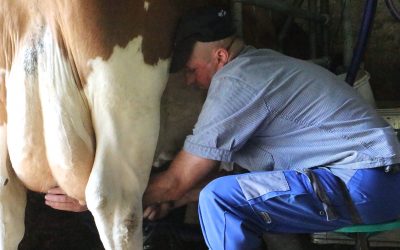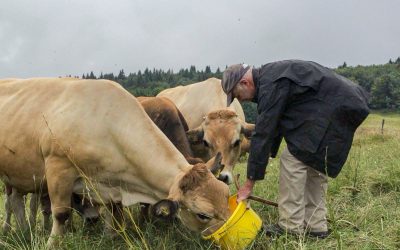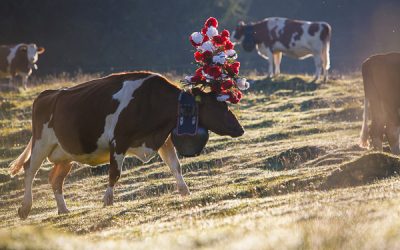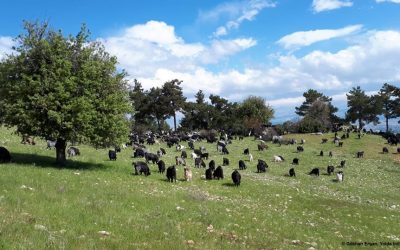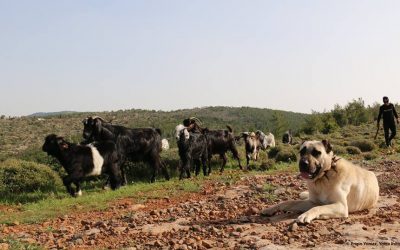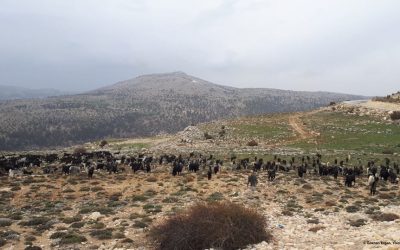Mobile Pastoralism has Direct Benefits for Water Cycle Regulation (Day 7)
While a large water footprint is attributed to industrial livestock systems, the footprint of mobile pastoralists can be considered nil as their use of blue water (i.e. water extracted from streams or reservoirs) is minimal, and their use of green water (i.e. rainwater) has no impact on the general availability of water given the herds’ reliance on natural vegetation. Most importantly, the benefits mobile pastoralists bring to soil structure have a direct benefit in water storage capacity and in regulating the water cycle. Additionally, traditional water infrastructures maintained by mobile pastoralists are crucial for sustaining the populations of many amphibian species – having direct impact on biodiversity.
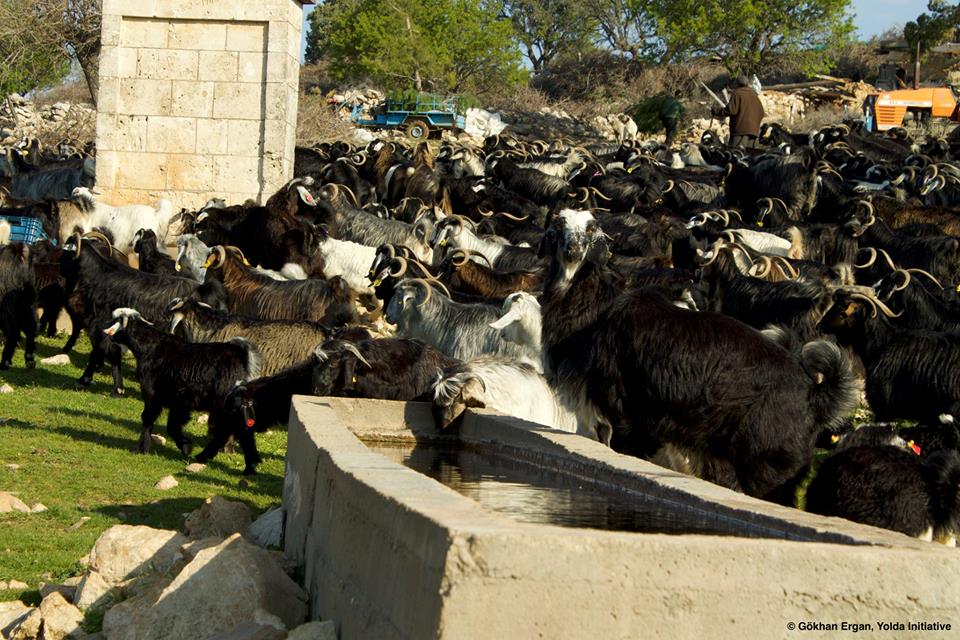
Read our stories from partners and practitioners.
Read our stories from partners and practitioners.
Report: A Case of Benign Neglect
The UN Environment Programme Report: "A case of benign neglect: Knowledge gaps about sustainability in pastoralism and rangelands", which we have contributed to, directly responds to one of the UN resolutions which acknowledges the dearth of information on pastoralism...
Resolution: Innovations in sustainable rangelands and pastoralism
Through the joint contributions of the International Support Group for International Year of Rangelands and Pastoralists (IYRP) initiative that we are a member of, the "Innovations in sustainable rangelands and pastoralism” resolution passed by the UN Environment...
New Resource: Mobile Pastoralism and Protected Areas
Our latest paper titled "Mobile Pastoralism and Protected Areas: Conflict, Collaboration and Connectivity" has just been published in PARKS: The International Journal of Protected Areas and Conservation. In this paper we considered the many benefits of mobile...
Transhumance and Vultures
Mobile pastoralism is the most sustainable livestock management system for people and nature. For thousands of years, mobile pastoralists have been moving through the rangelands with their herds, acknowledging their constant interaction and symbiosis with nature....
Interviewing Swiss Shepherds
To better understand the practice of mobile pastoralism in Switzerland, DiversEarth's Sandra Spissinger and intern Jade Boudet spent two days interviewing and photographing three shepherds - all very different in character and way of working. The first - Mr. Imberti -...
Meeting the Last Mobile Pastoralists of Geneva
To better understand the practice of mobile pastoralism in Switzerland, DiversEarth's Sandra Spissinger and intern Jade Boudet spent two days interviewing and photographing three shepherds - all very different in character and way of working. The first - Mr. Imberti -...
Désalpe: Welcoming the Cows Home in Switzerland.
The photos celebrate the Désalpe 2014, when the herds descent onto St Cergue Crassier from the pastures. The beauty of this practice connects generations, and has been beautifully captured by the photographer along with the excitement of the whole event. Although the...
Mobile Pastoralism is the most Climate Friendly Livestock Farming System (Day 14)
It's almost as if pastures along migration routes expect these short stay visitors each year. Without goats this photograph wouldn’t be complete. Pastures are one of the largest carbon sinks on the planet. Mobile pastoralism must be used as a critical tool in the...
Mobile Pastoralists know how to Coexist with Wildlife (Day 13)
Guardian herding dogs are a mobile pastoralist's best friend. The Bacak family think that this young pup, that they have been training to protect the herd against wolf attacks, is a promising one. Living with carnivores on a daily basis have enabled mobile...
Mobile Pastoralism Contributes to Habitat Heterogeneity (Day 12)
On the 12th day, th Bacak family of Sarıkeçili nomadic pastoralists travelled 104km up to an altutude of 1666 meters. Having now reached the top of the Taurus Mountains the herd starts to move towards the steppes of central Anatolia. Mobile pastoralists who cross a...

